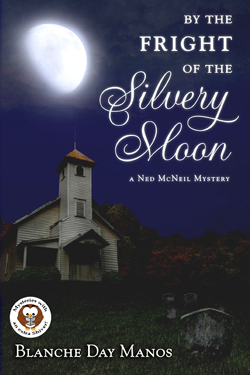What do you do when you’re reveling in good book reviews, happy that your writing has brought a bit of sunshine to your readers, when, suddenly, there it is–a bad review of your beloved book. Someone didn’t like it. In fact, somebody didn’t like it so much that she felt compelled to share her distaste with the world.
It has happened to me and, if you’re a writer, if it hasn’t happened to you yet, it will. If you’re not a writer, you still know what I mean-someone takes you to task for your beliefs or something you’ve said or done and you reap a heap of criticism. It hurts.
After the initial moment of cold water in the face, a feeling of righteous anger surfaces. What? Doesn’t the critic realize how many hours of hard work, time, and thought that book represents? Doesn’t she care that she hurt my feelings? The answer is, Probably not.
After the knee-jerk reaction, a calmer frame of mind takes over. Maybe there’s some merit in the criticism. So, I look at her words more closely. Does she have a point? Maybe I can see what she is talking about when she mentions (not very kindly) the things she finds offensive? And, so, yes, looking at it calmly and objectively, I begin to understand.
There’s more than one way to handle criticism, whether you’re a writer or not–you can nurse your hurt feelings and feel martyred; you can angrily decide it’s your book and you’ll write the way you want to write, or you can glean something from it, and use it to make your next book better. This last thing is hard to do and takes a bit of humility.
Sometimes, it requires a chat with your characters. “Now, look, Ned,” I say to her as we sit down at the table with cups of coffee at hand, “it could be that you really do drink too much coffee.”
Ned’s face turns pink and she gulps down a swallow of the hot beverage. “What are you talking about?” she sputters. “I like coffee. It helps me think. Without a pot of coffee, I doubt that I could even get my thoughts together, much less look into solving a mystery.”
I reach across the table and pat her hand. “Now, calm down,” I say. “The time you spend drinking coffee could be spent nosing out trouble, finding the bad guys. Coffee, you see, can get to be a distraction.”
I admit, she doesn’t look at me kindly. Then, she pushes back her chair, stomps to the coffee pot, and pours another cupful. Well, characters develop minds of their own. At least, I tried to offer another viewpoint. Ned’s easy-going mindset is missing this morning. It must be just coffee nerves.









Speak Your Mind